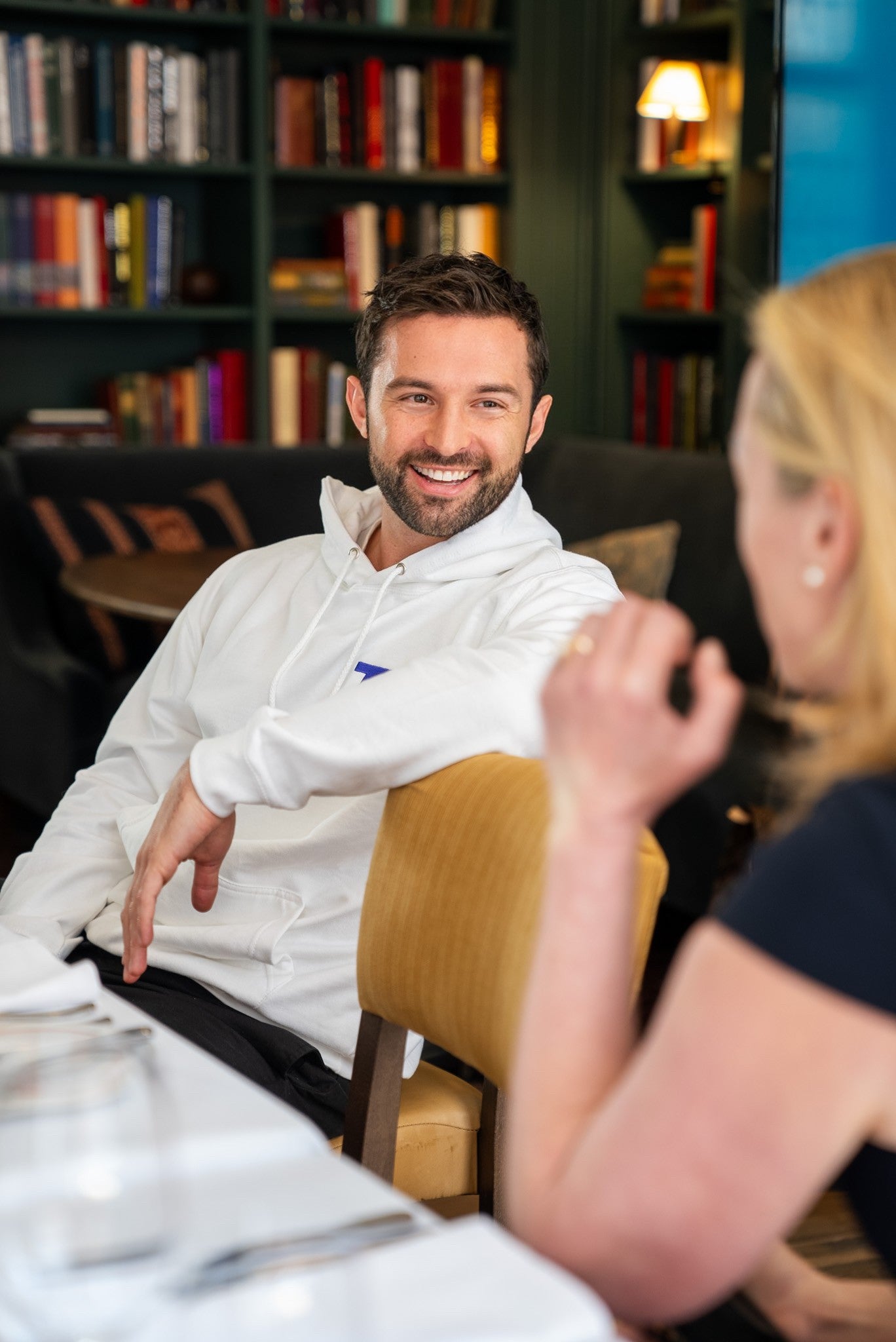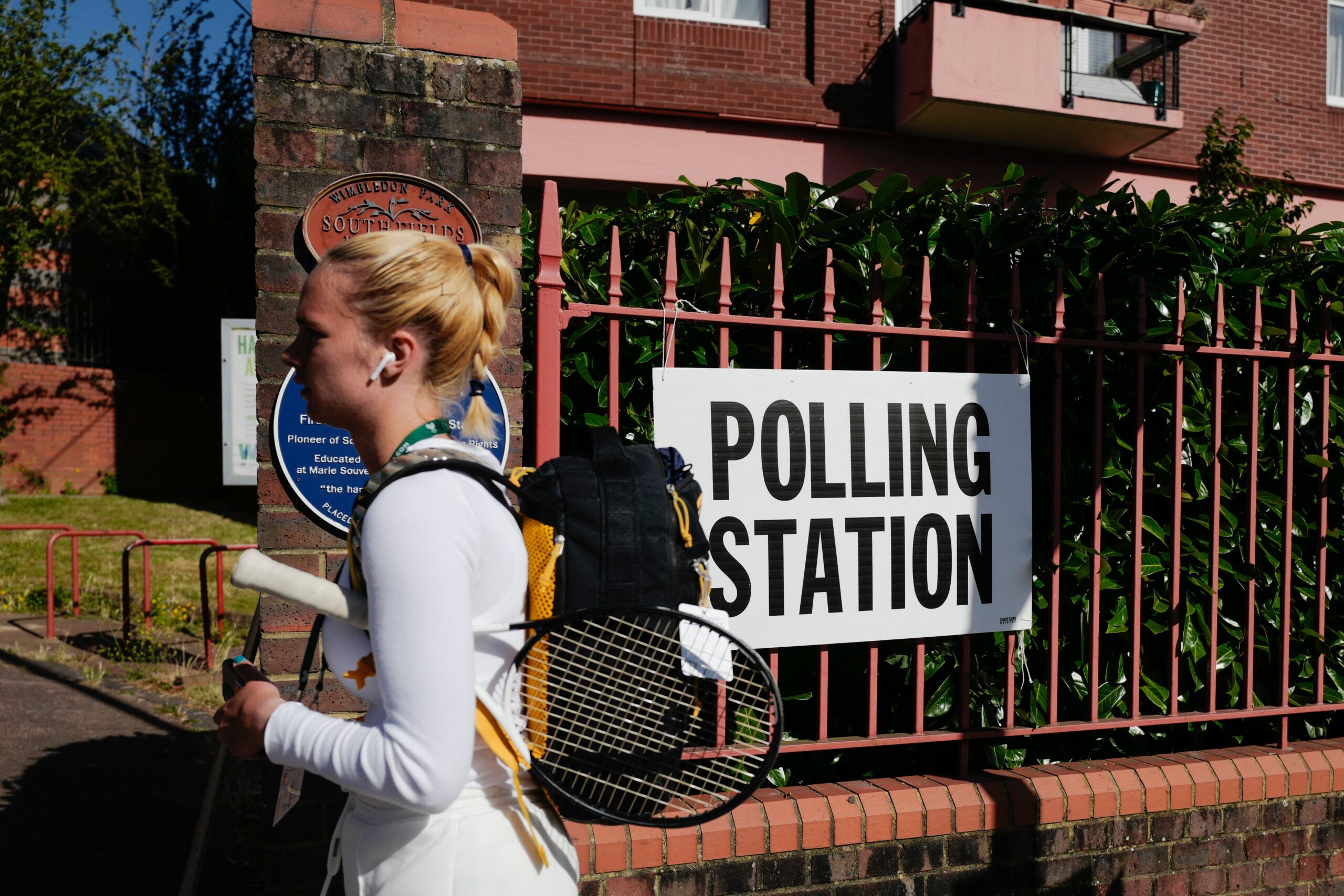Sir Keir Starmer this week vowed to reduce the voting age to 16 by the next election, opening the door for more than a million teenagers to have their say about the leadership of the country.
The impact could be seismic. Last year’s election saw dozens of MPs win their seats by small margins – including seven seats which were decided by fewer than 100 votes – and the introduction of this new cohort of young voters could be decisive in key areas.
Seasoned election strategists say this new politically valuable group of voters is up for grabs, but the key question for parties across the political spectrum will be how to appeal to these younger voters and convince them that they are the best option to govern the country.
The shift to targeting young teenagers with political messaging online requires a different approach from older voters, and could spark a fresh wave of ethical concerns on how they can target the under-18s.
Political campaigner Sean Topham knows how to win an election. His ad-agency Topham Guerin was involved in the election campaigns of former prime minister Boris Johnson, Australia’s former prime minister Scott Morrison, and New Zealand’s current prime minister Christopher Luxon, all of which led to victory.
They even helped to develop Johnson’s parodied ‘Love Actually’ ad that urged Britain to vote for the Conservatives to get Brexit done.

He said: “To engage this audience, your message needs to live inside their world, not ask them to enter yours.”
With the new generation of young voters, Mr Topham believes politicians should be campaigning on culture instead of politics.
“Political messaging that feels like politics won’t cut through. You’re competing in an environment of pop culture, memes and viral trends.”
He said 16-17-year-olds do care and will engage in politics, but they’ll want to see that politicians are authentically inside their world.
The most important thing for parties to do will be to talk to them as collaborators, rather than targets, he said.
Mr Topham said it would be exciting to see campaigns engage with internet content creators and link them up with political figures or politicians or interviews to show an authentic interest in them and their issues.

He said the key will be to develop a creative strategy that reflects the sort of expectations and needs of the younger voters if they want to get their message across.
“You could have as much money as you like, but if your creativity isn’t good, and if it’s not reaching the right voters in a way that’s compelling, then it’s never going to get cut through.”
Despite spending significantly less on ads than most of the other parties, Nigel Farage’s Reform UK dominated much of social media last year, outperforming in engagement.
The party amassed more than 2.8 million reactions on Facebook during the election campaign, while Labour had less than 600,000 and the Conservatives less than 500,000, according to data analysed by Hootsuite, a social media analytics platform.
The data shows they also dominated on X (formerly Twitter) with 9.3 million interactions at the time, the highest for party engagement. However, when it came to TikTok, Labour led the way in engagement.
Topham believes 16-17-year-olds will be more open-minded than people expect when deciding who to vote for.
Jeremy Corbyn’s newly-announced party may also be a threat to Labour, and could make the challenge of reaching young people more difficult for other parties.
Recent polling from YouGov shows that more than a third of 18-24-year-olds say they are likely to consider voting for a Corbyn-led party.
“They will be far more engaged, and at the same time, they’ll be harder to reach and way more sceptical and cynical of anything that feels like politics.
“I think they’re up for grabs. I don’t think anyone has a lock on them, and may the best team put the best and creative message to them.”

A YouGov poll from last year’s election period revealed that 72 per cent of 18-24 year-olds were using social media to access news, compared to 54 per cent of 25-49 year-olds, 35 per cent of 50-64 year-olds, and 19 per cent of those aged 65 and older.
“The platforms can and do change and I expect we could be talking about a completely different kind of platform in four years,” Topham said.
Mr Topham said the restrictions that platforms such as Meta and Google have on the type of content that can be shown to under-18s may be an “interesting challenge” to campaigners, that will require them to have a bit more creativity.
On Google, advertisers cannot specifically target ads to under-18s, and Meta also has age-related restrictions in place.
“Push the boundaries on creativity, by all means, but do it in a way that reflects against the fact that you want to make sure that these voters have the information about your policies and plans when they go and vote.”
Matthew McGregor, CEO of campaign group 38 Degrees, said parties need to be more comfortable in not always getting it right.
He said that being risk-adverse is a riskier way to run a campaign.

Mr McGregor, who has previously worked on digital election campaigns for Barack Obama, the Labour party and Australia’s Labor party, said “that can be really challenging for parties and for politicians who don’t like to be criticised and mocked by the Westminster lobby.”
He said there will inevitably be missteps and mistakes as politicians learn how to reach out to this new demographic, while still trying to maintain votes with the other demographics.
“I think there’s lots of MPs who probably never opened a (TikTok) ‘for you’ page in their lives and that’s really difficult, and frankly quite terrifying.”
As the electorate gets younger, so will the means of communication, which can “make a lot of people in their 40s, 50s, and 60s really uncomfortable.”
He said with Labour, which is heavily online, they are communicating in a way that works for Gen Z and young voters but appears “a bit baffling” to older millennials and Gen X.
But before anything, politicians first need to get 16 and 17-year-olds to turn out to vote.
“Parties will be thinking not just about how to persuade them to vote for that party, but also to persuade them to take part in the democratic process,” Mr McGregor said.
“I think number one in all political communication is to think about the audience as a group of people with real lives, real interests and engaged in a meaningful process.”
Mr McGregor said that representation matters, and as the electorate gets younger, he believes the parties will too.
“I do think that people connect more easily with people who they recognise as having the same life experiences as them.”
